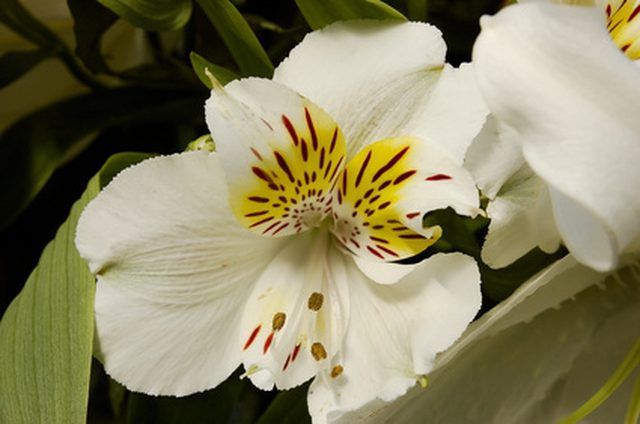Bulbs
Flower Basics
Flower Beds & Specialty Gardens
Flower Garden
Garden Furniture
Garden Gnomes
Garden Seeds
Garden Sheds
Garden Statues
Garden Tools & Supplies
Gardening Basics
Green & Organic
Groundcovers & Vines
Growing Annuals
Growing Basil
Growing Beans
Growing Berries
Growing Blueberries
Growing Cactus
Growing Corn
Growing Cotton
Growing Edibles
Growing Flowers
Growing Garlic
Growing Grapes
Growing Grass
Growing Herbs
Growing Jasmine
Growing Mint
Growing Mushrooms
Orchids
Growing Peanuts
Growing Perennials
Growing Plants
Growing Rosemary
Growing Roses
Growing Strawberries
Growing Sunflowers
Growing Thyme
Growing Tomatoes
Growing Tulips
Growing Vegetables
Herb Basics
Herb Garden
Indoor Growing
Landscaping Basics
Landscaping Patios
Landscaping Plants
Landscaping Shrubs
Landscaping Trees
Landscaping Walks & Pathways
Lawn Basics
Lawn Maintenance
Lawn Mowers
Lawn Ornaments
Lawn Planting
Lawn Tools
Outdoor Growing
Overall Landscape Planning
Pests, Weeds & Problems
Plant Basics
Rock Garden
Rose Garden
Shrubs
Soil
Specialty Gardens
Trees
Vegetable Garden
Yard Maintenance
Is Alstroemeria Poisonous to Cats?
Is Alstroemeria Poisonous to Cats?. Bright flowers are the main draw of alstroemeria plants. These hardy perennials have flowers resembling lilies, adding interest and visual contrast to gardens. Native to Brazil and Chile, these plants are cultivated around the world and appear in cut-flower arrangements. Despite their pleasant appearance,...

Bright flowers are the main draw of alstroemeria plants. These hardy perennials have flowers resembling lilies, adding interest and visual contrast to gardens. Native to Brazil and Chile, these plants are cultivated around the world and appear in cut-flower arrangements. Despite their pleasant appearance, alstroemeria plants posses toxins that are poisonous to cats.
Identification
Alstroemeria plants have rhizome rootstocks with shoots growing straight from the ground. Leaves are resupinate, twisting gently so that the bottom surface of the leaf appears to be the top. Flowers grow in umbels on top of the shoots and appear in a variety of colors, including whites, yellows, reds and purples.
Toxicity
"The Clinical Textbook for Veterinary Technicians" identifies alstroemeria plants as mildly poisonous to cats. The active toxin is tulipalin.
Symptoms
The main symptoms of feline tulipalin poisoning is gastrointestinal upset, including diarrhea and vomiting, a fact supported by the American Society for the Prevention of Cruelty to Animals. The toxin can also cause skin irritation from casual contact.
Warning
If you suspect your cat is suffering adverse effects from eating an alstroemeria plant, seek veterinary care immediately.